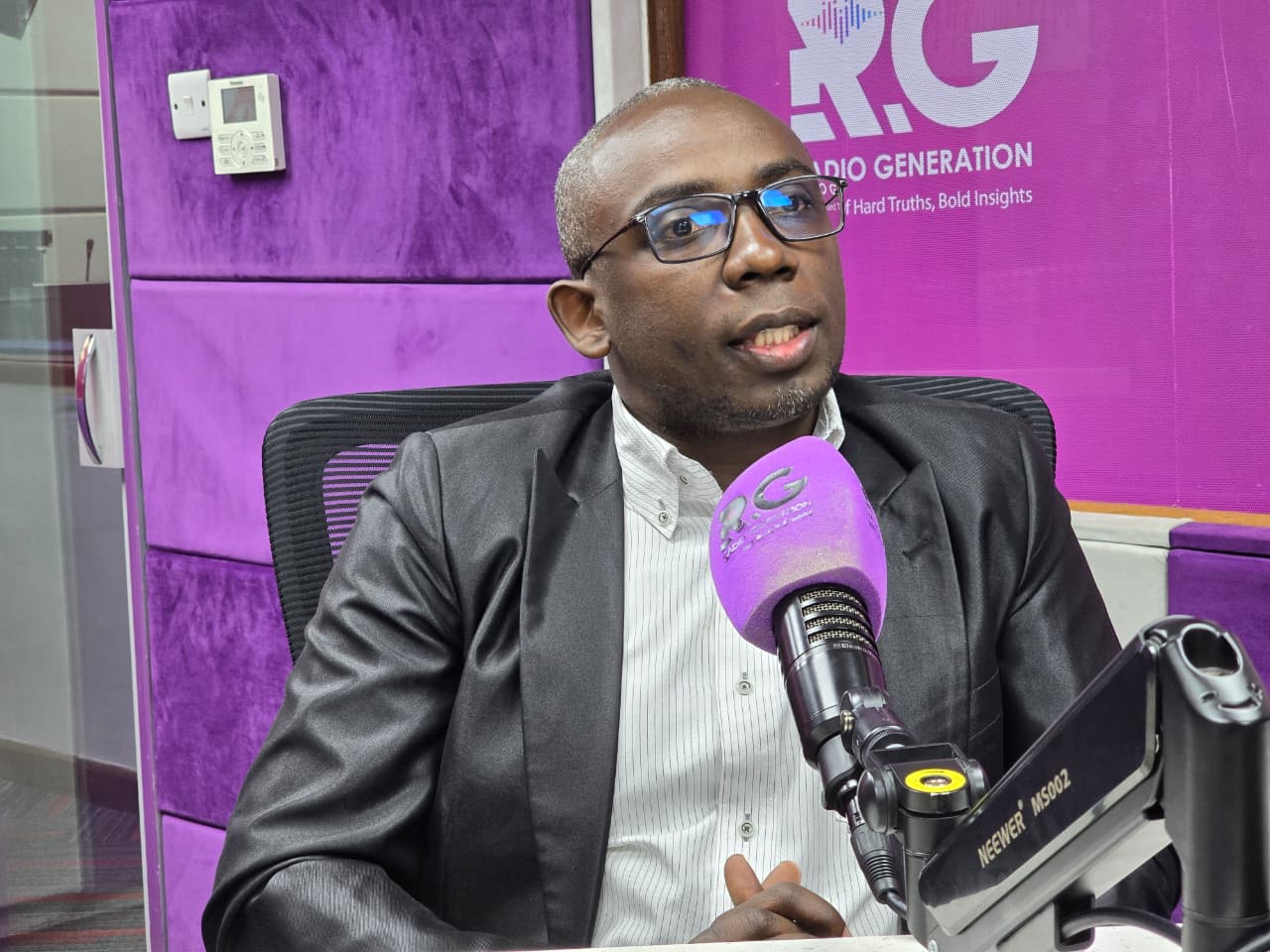Kenya faces a major gap in practical understanding of public finance, a challenge the Institute of Public Finance (IPF) is working to bridge.
Bernard Njiri, an economist at IPF, says the issue arises because public finance is rarely taught in depth, even in higher learning institutions, where it is often covered only superficially.
“By the time IPF was starting, we realized we have a huge gap in Kenya because this thing called public finance is not taught. But now, when you look at public finance, you know in practice, it’s so deep,” Njiri said during an interview with Radio Generation on Tuesday.
To fill this gap, IPF analyzes how public resources are allocated and spent, looking not just at overall allocations but also at expenditure per person, equity, and efficiency.
The institute publishes two key documents each year: the Kenya Macro Fiscal Analytics Snapshot and the annual National Shadow Budget.
The shadow budget allows IPF to propose evidence-based alternatives to the allocations made by the national treasury, using data from previous years’ budget execution and performance indicators at the sector level.
“We question how come a program was allocated 100% but absorbed 80% and achieved only 40% of the KPIs, yet you allocate more to that program,” Njiri said.
The institute focuses on critical sectors, including health, agriculture, gender, water, sanitation, and public financial management, providing practical recommendations to improve outcomes.
Njiri notes that IPF’s work is already influencing government processes and public discussions.
“We have seen the public being more informed. We have seen the public discourse even in our media spaces…that conversation is more enriched with factual information,” he said.
Despite the progress, he emphasized that much more needs to be done to strengthen understanding and management of public finance across Kenya.
